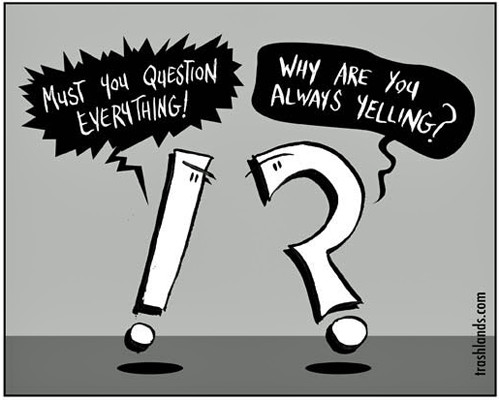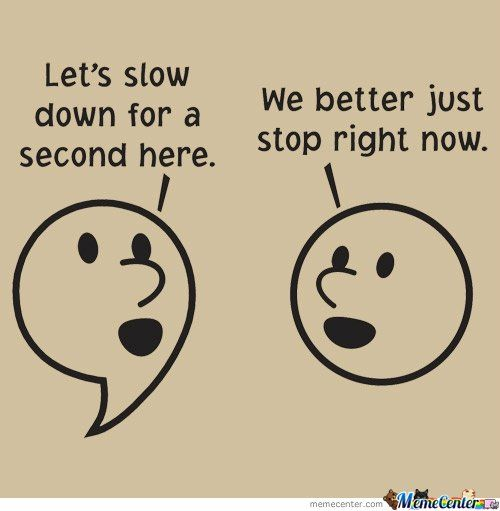
Let’s face it–English punctuation can be weird. I am happy to report that there are actually rules that you can learn and follow (and break when appropriate)! Settle in and get ready to cover ellipses, hyphens, and dashes so the next time you’re writing, you’re not guessing–you know!
Ellipses Are Hard
Treat ellipses like words–a space before and after (unless it ends the sentence, then no final space–just end with the ellipses.)
Ends sentence like this:
- Don’t get me wrong: I had a blast. I don’t know… it just didn’t spark anything, you know?
- “I won’t let you paint my nails because…” Jordan thought for a moment.
Middle of sentence like this:
- He paid his bills, his taxes, bought what he needed … and watched his bank account dwindle.
- We’d need sets, actors, cameramen, sound people … and more importantly, money to pay those people.
Middle of a sentence where it is more “stuttering” or hesitating like this:
- I… I don’t know.
- Wh… what?
MORE Ellipses Examples
- No Space before—new idea after ellipses…
- Gabriella tells her, “Like you… yes… I see a part of myself in your face, the way you are looking at me now.”
- He helped them start the genocide that’s happening where I was born, blinding them into believing they were gods… that they have the power over life and death.
- It’d break her heart to hear… and you and I both know I shouldn’t be naysaying a gift.
- But this… this type of thing, she can’t investigate.
- He swirls the brown liquid in the cup, teasing spilling it on her white couch… messing with her some.
- I know you have something you want to say… not speaking isn’t an easy thing for you.
- I… I don’t know.
- Space—pause within same idea … within the sentence (Christopher Walken style)
- “They are evil. Devils … destroying what was a great country, a great people.”
- Some places … like the one I was at before all this started, they had good food.
- Her face absorbs the seriousness of the space … and the death.
- Tanner … Brogdon, he’s not just some pretty boy.
- That you exaggerated or lied about … some truth.
- Both space and no space in the same sentence!
- He thought … he couldn’t accept that by working with those … savages who now control the South… he thought he could control everyone.
- Either you embellished it or something, or you made it up… Either way … it hurts your credibility.
Interruption in the Middle of Dialogue
- Set it off with commas, not dashes:
- Like this: “We are going to have you chase Flora from there,” he gestures to a tree a few yards away, “to the dock. Do you think you can handle a run?”
Not like this: “We are going to have you chase Flora from there”–he gestures to a tree a few yards away–“to the dock. Do you think you can handle a run?”
Hyphens vs Dashes (and Parentheses)
A hyphen is what you get when you hit the button once. Hyphens go in between words like mother-in-law, joint last names like Catherine Zeta-Jones, and between adjectives before nouns like old-fashioned suit (but not if the suit is well made! English is awesome.).
A dash is formed when you hit the button twice (without spaces on either side) and is used to stop the flow of the sentence and demand the reader pay attention to the next detail—like this! If you want to emphasize something—put a dash before it (and if you don’t want to emphasize something, but still want to add it, use parentheses). Parentheses whisper to the readers (you can read this if you want, but you don’t have to). You should not capitalize the word after the dash or beginning the parentheses; it’s still a part of the same sentence and idea. You can also use a colon to introduce new information: it’s a formal way to introduce something else (but it should always be a complete sentence after the colon).
- Em-dashes are the result of two hyphens stuck together—they are the traditional dash in fiction. (They’re the size of the letter m!)
- En-dashes are slightly smaller and can be found between spans of dates such as 1995–2023. (They’re the size of the letter n!)
I know it may seem confusing, but think of how the rules apply to your situation, and soon you won’t even pause to wonder how to use ellipses, dashes, hyphens, and parentheses!


